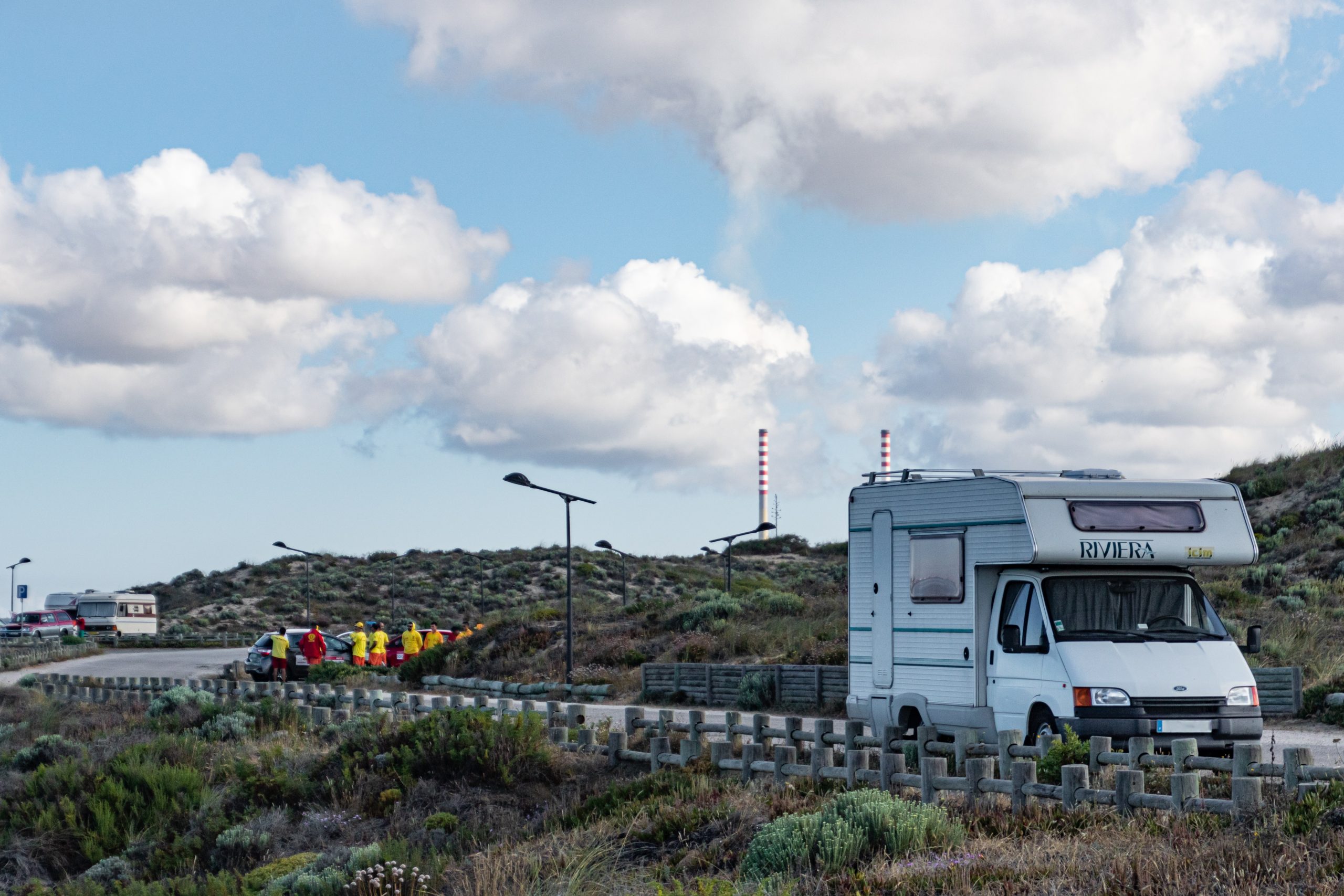One of the first decisions we had to make in deciding which RV to buy was what sort of RV we wanted. Did we want a motorhome or towable? If we chose a motorhome, would it be a Class A, B or C? If a towable, a travel trailer or a fifth wheel? There was seemingly no end to the various options on the table, each with its own set of pros and cons. Here’s how we sorted through that question.
Motorhomes
Motorhomes offer the convenience of not having to hitch and unhitch as you go camping. We also liked the idea of being able to access the kitchen and bathroom while in motion. Driving a motorhome seemed more intuitive than towing. We’d driven plenty of U-haul trucks over the years, so the transition would have been pretty easy. Motorhomes also generally come with a generator on board which makes life simpler when you’re camping without electric hookups. Backing into a campsite is probably much easier as well. The downside to motorhomes is that your residence is also your vehicle, and that means you bring it everywhere you go, even if you’re staying at the same site for multiple days. One solution is to tow a smaller vehicle behind your motorhome, but that adds its own complexity and hassle, and undermines some of the benefits of the motorhome. Then we had the question of what class motorhome might fit our needs. Class A motorhomes seem really big, more like driving a bus than a truck. And that size could keep us out of some of the national and state parks we like to visit. Class B motorhomes had a definite appeal, particularly the Sprinter vans. But they seemed expensive and pretty tight, especially for a pair of 50-somethings full-timing for three years. Class C motorhomes might be a good compromise, but we saw them as having less space than a Class A and being less maneuverable than a Class B.

Travel Trailers
Trailers seemed like the easiest option. We could custom-fit the size of the trailer to our lifestyle, and the cost was the lowest of the three options. Of course, that assumes you have a truck with which to tow it, but more on that later. The downsides, as we saw them, is that travel trailers have the steepest learning curve for driving, especially for backing up. And they require the added hassles of hitching and unhitching at every camp site. (Sure, you can camp out a night or two without unhitching, but that would probably be best for one-night stops on longer road trips.) While many of the larger motorhomes have automatic leveling systems, trailers of the size we’d consider generally don’t, making less-than-level sites a game of trial error with lego blocks.

Fifth wheels
Offering the size of a motorhome with the benefits of a travel trailer, fifth wheels seem like a nice compromise as well. They’re easier to handle than a travel trailer. However, they’re behemoths, requiring a beefier tow vehicle. They also limit what you can haul in the back of your pickup. In the end, a fifth wheel seemed like way more space than we needed. We’d marvel at the luxury of the fifth wheels at RV shows. They were like apartments on wheels, with residential furniture and amenities like dishwashers and laundry onboard. It didn’t really seem like camping at all!
Our choice
We thought a lot about how we like to travel and what our life full-timing would look like. We envision finding a campsite for three to seven days at a time, and fully exploring the area. Moreover, Mr. 123 likes to get up early and go for strenuous hikes on his own. Mrs. 123 likes to sleep in. A motorhome didn’t seem to make sense. Fifth wheels were more space than we needed, so we settled on a travel trailer. With just the two of us – no kids, no pets – we could get a couple’s camper that met our needs without feeling cramped, but was still small enough to go most places we wanted to camp. Then it was time to figure out which specific model we wanted. But that’s a story for another day.


